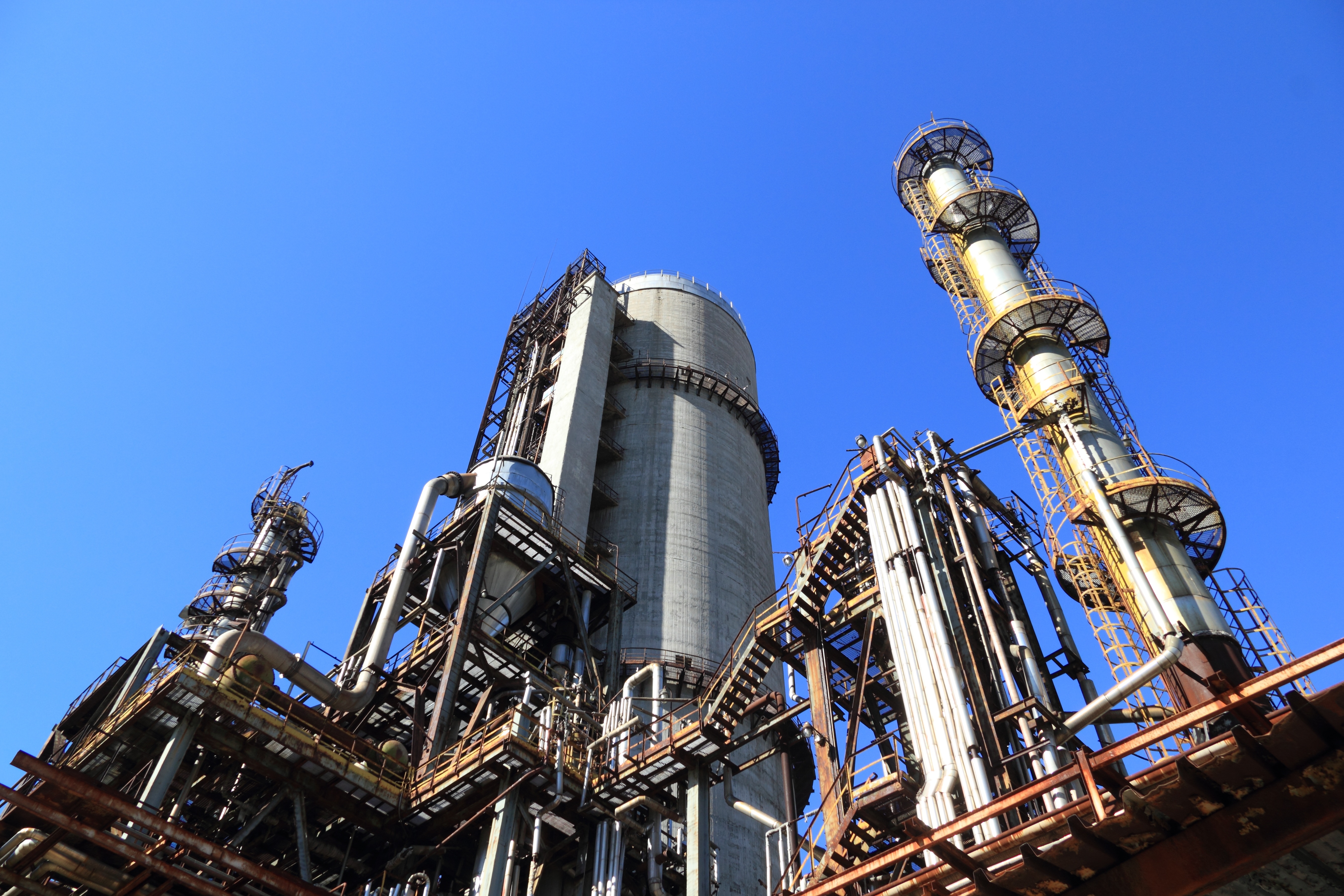Transport HVAC Corrosion Protection
Transport HVAC corrosion protection is key to keeping vehicles running and downtime to a minimum.
HVAC systems play a critical role in ensuring comfort and safety in trains, planes, loaders, and excavators, making corrosion protection essential for maintaining their operational efficiency and longevity. These vehicles operate in diverse environments and are exposed to various factors that can accelerate corrosion, including humidity, temperature fluctuations, and exposure to harsh chemicals and pollutants.
Corrosion in HVAC systems can lead to a range of issues that directly impact passenger comfort and safety. For instance, corroded HVAC components may experience reduced airflow, compromising the effectiveness of temperature control and ventilation systems. In addition, corrosion can weaken structural integrity, increasing the risk of equipment failure and posing safety hazards for passengers and operators.
To mitigate the risks associated with HVAC corrosion, manufacturers and operators of trains, planes, loaders, and excavators must implement comprehensive corrosion protection measures. Specialised coatings and materials resistant to corrosion can be applied to HVAC components during the manufacturing process or on-site to create a barrier against corrosive elements. These protective coatings help extend the lifespan of equipment and ensure reliable performance in demanding operating conditions.
Transport HVAC Corrosion Protection
Moreover, regular maintenance and inspection of HVAC systems are essential to detecting and addressing corrosion issues before they escalate. Routine checks allow operators to identify signs of corrosion early on and take corrective action to prevent further damage. This proactive approach helps minimize downtime and costly repairs, ensuring uninterrupted operation and passenger safety.
Furthermore, investing in corrosion protection for HVAC systems can result in long-term cost savings for manufacturers and operators. By preventing corrosion-induced inefficiencies, such as reduced energy efficiency and equipment failure, vehicles can optimize their performance and minimize operating costs. Additionally, maintaining HVAC systems in optimal condition enhances passenger comfort and satisfaction, contributing to positive passenger experiences and loyalty.
In conclusion, HVAC corrosion protection is essential for ensuring the reliability, safety, and efficiency of trains, planes, loaders, and excavators. By implementing comprehensive corrosion protection measures and proactive maintenance practices, manufacturers and operators can mitigate the risks associated with HVAC corrosion and ensure the continued operation of these vehicles in diverse operating environments.
See our sheet on Trains and Undergrounds, below.
Looking for some industry HVAC news? Try the link, below.
Blygold is an ISO 9001:2015 Certified Company


